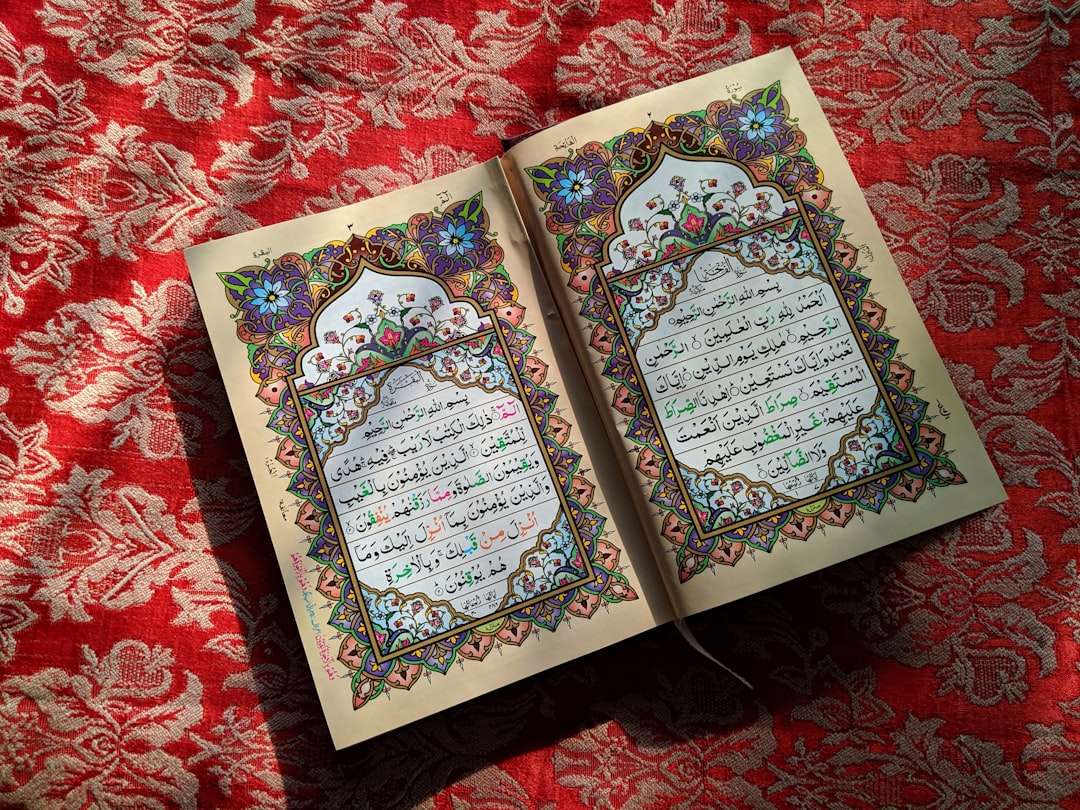The Danish government is proposing a law that would make it illegal to destroy or desecrate any holy book in Denmark. The law comes on the heels of a string of recent public burnings of the Quran by anti-Islamic activists which sparked diplomatic protests and violent demonstrations in Muslim countries.
The law is not just about the Quran but pertains to any “holy book” including the Bible, presumably also the Bhagavad Gita, and Buddhist canon.
The Danish center-right government intends to extend Denmark’s existing ban on burning foreign flags by also “prohibiting improper treatment of objects of significant religious significance to a religious community,” according to Danish Justice Minister Peter Hummelgaard. In effect, “The bill will make it punishable, for example, to burn the Quran or the Bible in public. It will only aim at actions in a public place or with the intention of spreading in a wider circle.” Indeed, such acts would be punishable by fines or up to two years in prison.
This reminds me of a crazy event in Brisbane, Australia back in 2010 when Alex Stewart, the then 29-year-old university lawyer, made a video of himself using pages from the Quran and Bible to smoke marijuana. He was a member of an atheist group and went on a drug-fuelled expletive rant against religion. No, I’m not making this up!
There are so many things for us to consider: Promoting tolerance of others, respect for cultural diversity, freedom of expression, and freedom to critique religion.
Nobody likes their religion being mocked or wants to see its holy books publicly desecrated, but are we willing to afford the same protections to every religion? Do we want to curtail protests against religion? Do you think someone should be fined or go to jail for burning a copy of L. Ron Hubbard’s Dianetics which is an important text in Scientology?
There are clear pros and cons to this proposed law. Let’s unpack them.
First, pro, you could argue that the Danish law promotes tolerance of religions, it enhances respect for other cultures, and stops attacks on ethnic groups who are associated with a particular religion, like Arabs with Islam or Americans with Christianity. Plus, it doesn’t ban critiques of religion per se, it only prohibits public burnings and desecration of sacred texts designed to offend and demean adherents of a particular faith. You can criticize Islam without burning a Quran and you can criticize Christianity without putting a crucifix in a bottle of urine (yes, that’s a real thing).
Second, con, you could say that is tantamount to re-introducing blasphemy laws, whereby certain kinds of anti-religious speech and actions are prohibited by the state. Once the state prohibits certain critiques of religion, what it gains for tolerance, it loses by compromising secularism where the government doesn’t interfere in religious matters either for or against them. And, as the old Latin dictum goes, “offences against the gods are the god’s concern.”
English actor Rowan Atkinson said:
To criticize a person for their race is manifestly irrational and ridiculous, but to criticize their religion, that is a right. That is a freedom. The freedom to criticize ideas, any ideas - even if they are sincerely held beliefs - is one of the fundamental freedoms of society. A law which attempts to say you can criticize and ridicule ideas as long as they are not religious ideas is a very peculiar law indeed.
It all points to the promotion of the idea that there should be a right not to be offended. But in my view the right to offend is far more important than any right not to be offended. The right to ridicule is far more important to society than any right not to be ridiculed because one in my view represents openness - and the other represents oppression.
I think I would support the law with some qualifications. I don’t think burning any religion’s sacred books is conducive to a diverse, tolerant, and inclusive society. Some critiques and protests against religion are not conducive to a tolerant society where certain incendiary actions can become flash points leading to civil unrest and even international backlash.
At the same time, the ability to critique and even poke fun at religion has to be safeguarded as an important facet of liberal society, where citizens are free to explore ideas, critique ideas, and express protest against government and groups that they believe do not operate in their interest.
So, yeah, it’s a hard one, requires balancing notions of tolerance and freedom.
What do you think, do you support Denmark’s proposed law against sacred text burning? Let me know via the poll or leave a comment.




On the face of it, it could seem like a good idea. On the other hand, I could see where it could all go horribly wrong. (Which I suppose is more or less what you're saying...)
c) I don’t know. Is the short answer. For the reasons you’ve just clearly outlined.